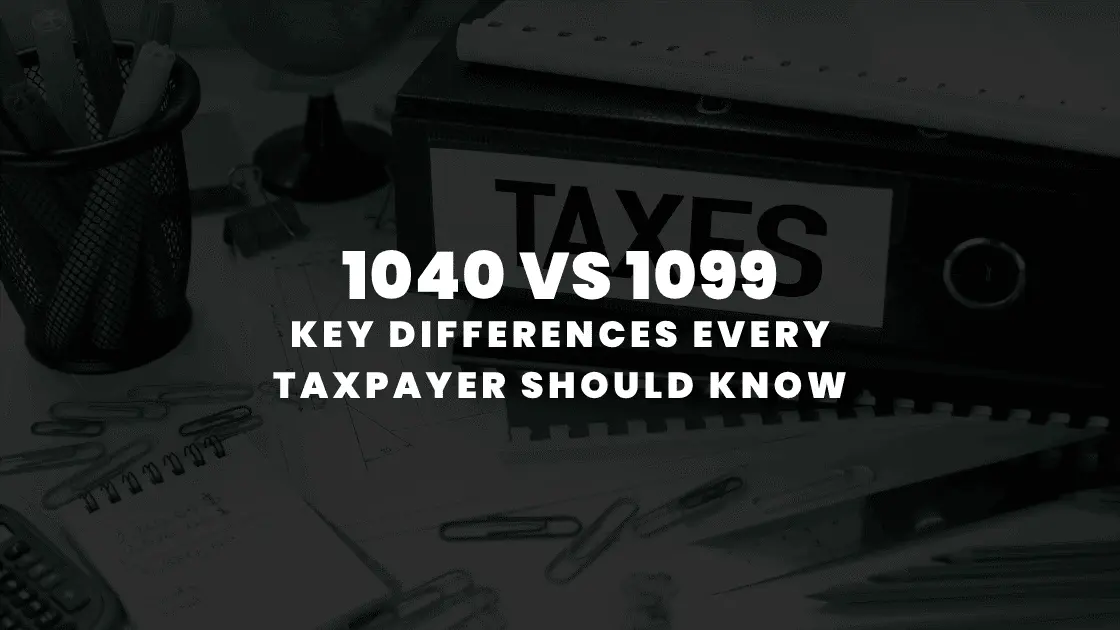August 29 2025 | By Raza Agha | 6 minutes Read

What Exactly Are Overtime Taxes?
How Does the Overtime Tax Rate Affect Your Paycheck?
Breaking Down How Taxes are Withheld
Overtime Taxes and Common Myths
Does Working Overtime Always Makes Sense?
Practical Tips to Handle Overtime Taxes
Understanding the Overtime Tax Rate in Simple Terms
Need Help with Overtime Taxes? Call the Tax Experts!
Working extra hours can feel rewarding, after all you’re putting in more time, showing dedication, and earning more money. But when you look at your paycheck, that extra cash might not be as much as you expected. That’s where overtime taxes come into play.
Understanding how your overtime pay is taxed helps you know exactly what to expect and why your take-home pay looks the way it does.
In this blog, we will explain everything to you in simple terms and without any confusing tax jargon. Continue to read below a clear explanation of how your overtime income is taxed, how the overtime tax rate applies, and what is all means for your paycheck.
Overtime pay is what you earn when you work more than your standard hours, typically over 40 hours a week. By law, overtime pay is usually at least one and a half times of your regular hourly rate. So, if you normally make $20 an hour, overtime could pay you $30 an hour.
Now, here’s where the confusion begins. Many people think there’s a special overtime tax. In reality, there isn’t any such thing.
The IRS doesn’t have a separate tax for overtime pay. Instead, your overtime earnings are simply added to your regular income and taxed based on your total income level.
The reason your paycheck might feel lighter than expected is because of how income tax brackets work. When you earn more, you might move into a higher bracket temporarily, meaning a bigger portion of your extra pay gets taxed at a higher tax rate.
Let’s clear up another common misconception, the overtime tax rate isn’t a separate percentage applied only to your extra hours. Your overtime pay is taxed the same way as your regular pay. However, since it’s additional income, it can push your total earnings higher and cause a larger chunk of your pay to fall into a higher tax bracket.
Here’s an example:
If this $5,000 pushes part of your earnings into a higher tax bracket, that portion gets taxed at a higher percentage. But only the part above the bracket threshold is taxed higher and not your entire income.
This is why overtime paycheck might look smaller than expected after taxes are withheld.
Employers typically calculate taxes for each paycheck based on the assumption that you will continue earning that amount throughout the year. So, if you get a big overtime paycheck, your employer may withhold more taxes than necessary because it looks like you’re earning more regularly.
Here’s how it works step by step:
If too much tax is withheld, you will likely get that money back when you file your tax return. If too little is withheld, you may owe additional taxes.
Let’s tackle a few myths:
Financially, earning more is almost always a good thing, even if the taxes take a larger bite than you’d like. You still bring home additional income after taxes. However, it’s worth considering the bigger picture:
Being strategic about your overtime hours can help you maximize both your earnings and your personal time.
If you work overtime regularly, you can ask your employer to adjust your withholding to avoid surprises during tax season.
Putting extra income into retirement accounts like a 401(k) or IRA can lower your taxable income.
Keeping records helps you ensure your pay and tax withholdings are accurate.
If you expect to earn significantly more because of overtime, prepare for a higher tax bill or adjust your budget accordingly.
The overtime tax rate is simply your normal income tax rate applied to extra earnings. No special rule, no hidden formula, just your overtime pay being taxed like your regular pay.
But because overtime increases your total income, it may cause some of your earnings to fall into a higher bracket, which is where the confusion starts.
Think of it as climbing steps on a staircase. The first few steps are low tax brackets. And as you climb, each new step takes a little more of your earnings in taxes. But you only pay the higher rate on the part of your income that lands on the higher step and not the entire staircase.
At the end of the day, overtime taxes are not as mysterious as they first seem. There’s no separate tax for working extra hours and your additional pay is simply added to your gross income and taxed regularly. Neither is the overtime tax rate a special percentage, it’s just your standard income tax rate applied to extra earnings.
Knowing how this whole system works can help you plan better, avoid paycheck surprises, and use your additional income wisely.
If you ever need expert help to understand overtime taxes, how to reduce the tax bill, or filing of your taxes, reach out to us at Monily. We are your tax experts and bookkeeping pros.
Schedule an online consultation with us today and let us crack overtime taxes for you!
Subscribe for business tips, tax updates, financial fundamentals and more.
MORE BLOGS

Running a small business means every dollar matters. You work hard to earn revenue, manage expenses, and grow steadily, yet tax time often feels like money […]
Learn More →
Tax season can be overwhelming, especially when you’re staring at multiple forms with numbers instead of names. Two of the most common, and often misunderstood, are […]
Learn More →
Taxes are one of those things most of us don’t love talking about, but they affect all of us, whether we are working for a paycheck […]
Learn More →